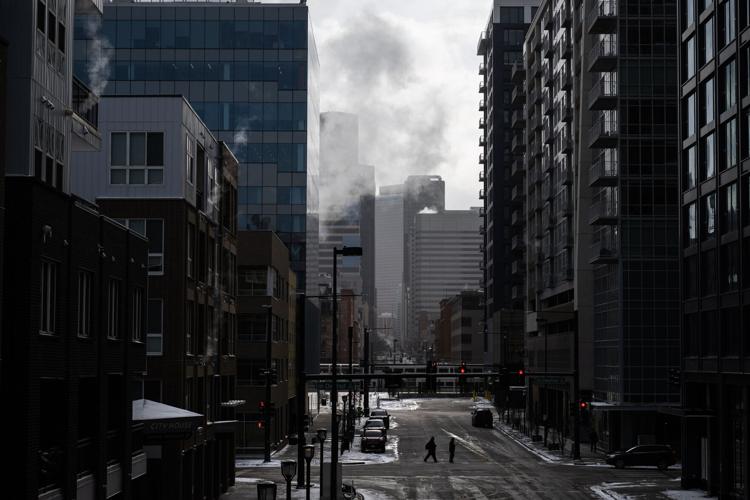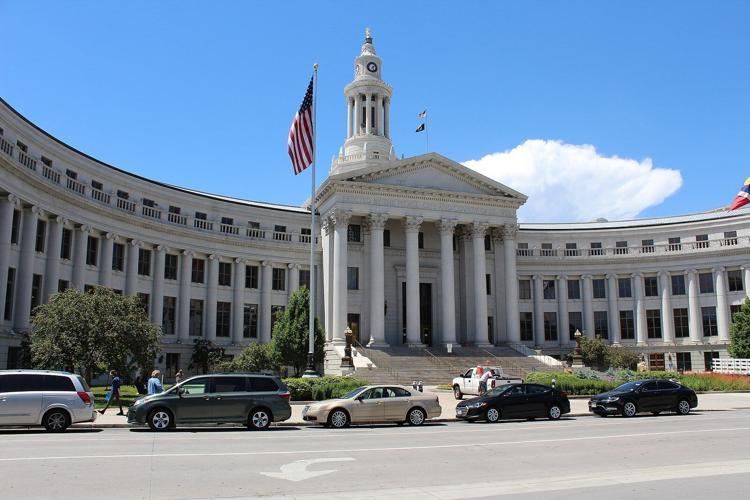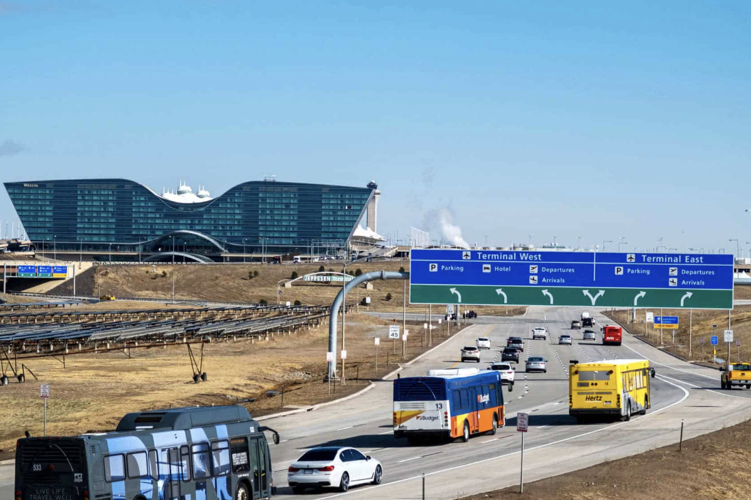Denver’s large building electrification rules updated
Denver’s regulations requiring electrification of all buildings larger than 25,000 square feet have drawn controversy since they were implemented in 2021, especially from businesses and building owners.
But relief may be on the horizon as city officials are re-writing the rules after soliciting public input and pushing compliance deadlines farther into the future.
While the Energize Denver Building Performance Policy sets energy-saving targets for buildings 25,000 square feet and larger, building owners and industry representatives say the policies are forcing a switch from natural gas to full electrification in violation of federal law.
According to the city, commercial and multifamily buildings are responsible for 49% of Denver’s greenhouse gas emissions.
“The Energize Denver Building Performance Policy reduces energy use from buildings, which will reduce operating costs, make buildings more comfortable and cut pollution,” according to the city’s website.
“We will do this by improving energy efficiency in our buildings. At the same time, we incentivize a transition to all-electric equipment and appliances. High performing buildings like this are:
• More comfortable for occupants
• Less likely to lead to diseases
• More resilient to a changing climate
Denver’s Office of Climate Action uses both regulations and incentives to drive this transition. Our goal is for all Denver buildings to be zero emissions by 2040. As Denver makes progress towards that goal, we ensure that the city continues to be a place where all may thrive.”
The city has been engaging with building owners, property managers, and service providers to hear the challenges for building owners the new rules created.
The city hopes to a “shared understanding that upgrading a building’s performance and reducing its energy use to meet Energize Denver targets takes time, planning, and funding,” and “to support buildings with a more practical, achievable compliance process.”
The biggest change offers owners more time to comply with the interim and final target deadlines. Compliance has been extended to 2028 and 2032.
More than a dozen other adjustments have been proposed after more than six months of input and negotiations with stakeholders.
But the fundamental problem with the program, building owners have said, is that the standards set for energy savings have been intentionally set to make them impossible to meet without fully electrifying buildings and eliminating the use of natural gas for space and water heating entirely. Industry representatives have said in many cases this is both financially and physically impossible for older, multi-family buildings to achieve.
They also claim that this mandatory electrification order violates a federal law, the Energy Policy and Conservation Act (EPCA), that prohibits local or state authorities from setting energy standards for a host of heating and cooling products. They say that effectively banning natural gas appliances by mandating electrification is the equivalent of setting appliance energy standards.
A complaint filed in federal district court on April 22, 2024, by four apartment, hotel, and construction trade organizations, argues that Congress “intended EPCA to preempt patchwork state or local laws that are unworkable, that undercut a coordinated national energy policy, that overlook the public’s need for reliable and resilient energy, and that deny consumer choice.”
The case, Colorado Apartment Association et al v. Ryan et al, is being heard in U.S. District Court for the District of Colorado before Judge Regina M. Rodriguez.
Presently the case is awaiting a ruling on the city’s motion to dismiss.
The plaintiffs point to a 2019 9th Circuit Court of Appeals case, California Restaurant Association v. City of Berkely, to support their claims.
In that case, the City of Berkely, Calif. passed an ordinance making it illegal to install natural gas pipelines in new construction.
The court held that the city was trying to do indirectly what it could not do directly, which was to prevent the use of natural gas appliances by the back-door expedient of prohibiting the installation of pipes and infrastructure to provide fuel to the appliances.
This, the court said, violated the intent of Congress to create a uniform system of addressing appliance energy standards to prevent multiplicity of varying regulations at state and local levels.
“States and localities can’t skirt the text of broad preemption provisions by doing indirectly what Congress says they can’t do directly,” according to the ruling. “EPCA would no doubt preempt an ordinance that directly prohibits the use of covered natural gas appliances in new buildings. So, Berkeley can’t evade preemption by merely moving up one step in the energy chain and banning natural gas piping within those buildings. Otherwise, the ability to use covered products is meaningless if consumers can’t access the natural gas available to them within the City of Berkeley.”
Denver has posted proposed rules and regulations for final public comment and set the adoption virtual hearing for April 1. Building owners, property managers and service providers can find the proposed rules changes and support at the Energize Denver Hub.
CLICK HERE to sign up for a virtual briefing on the changes scheduled for noon Friday. The public hearing is scheduled for April 1, 2025. Public comment is due by March 31, 2025.







